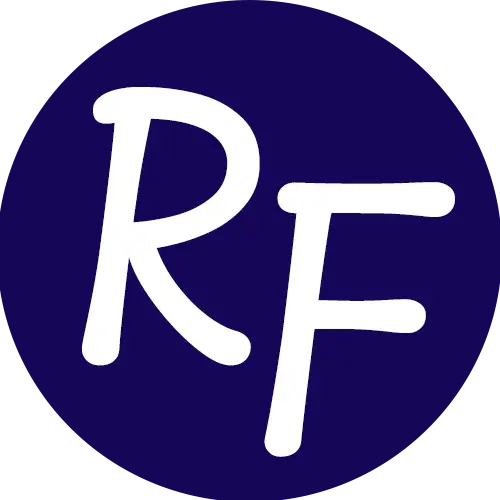This content has been archived. It may no longer be relevant
I’ve been following the RIAA and its lawsuits against mothers, teenagers and the elderly over copyright infringements. I’ve also been following the RIAA’s lobbying efforts in Washington over the Audio flag and the “Analog Hole”.
The discussion about technology and music business models is getting confused with entitlement. At one extreme, you have some consumers believing they are entitled to use any technology to consume and redistribute any content for free. At the other extreme, you have some music industry executives believing they are entitled to dictate the creation and use of technology in any manner they see fit. Technology has a tendency to settle in the middle of a market, where there is the largest number of users and greatest demand. This is true for products and for specific features.
The music industry is in the middle of a transition from industrial-age manufacturing economics to digital economics. Lawsuits focused on copyright and lobbying efforts to legislate against technology innovation are two ways the industry is using to slow down this transition.
What’s interesting is that technology has already transformed many parts of music industry business models — market research, recording, production, manufacturing, distribution, marketing, delivery, finance. There are only two areas where the industry is citing issues: technologies that play a role in music industry go-to-market strategies, and technologies that enable content sharing.
The music industry is not the first to go through a painful transition from industrial-age manufacturing economics to digital economics. Lessons are clear. The music industry needs to learn from others — banks, insurance, consumer goods, automotive, and the electronics industry to name a few. Right now, the software industry is going through a parallel shift — from proprietary to open source and from packaged software to metered use. In my previous position as head of the open source development network, I saw and participated in the early stages of this last transition first hand.
What’s clear is we cannot legislate innovation in consumer electronics, any more than we can legislate innovation in music.
More about this in Part 2.





